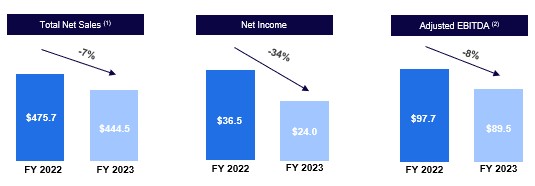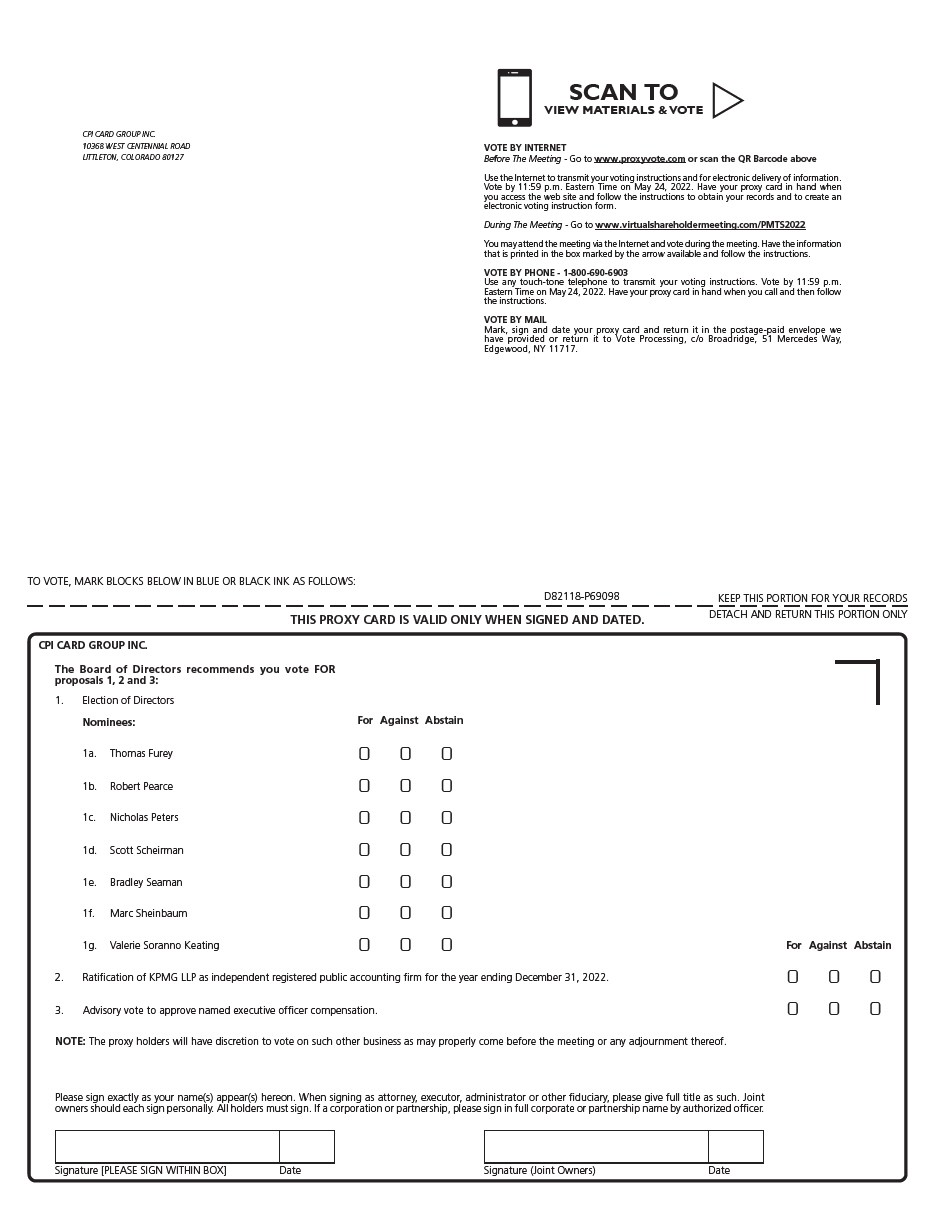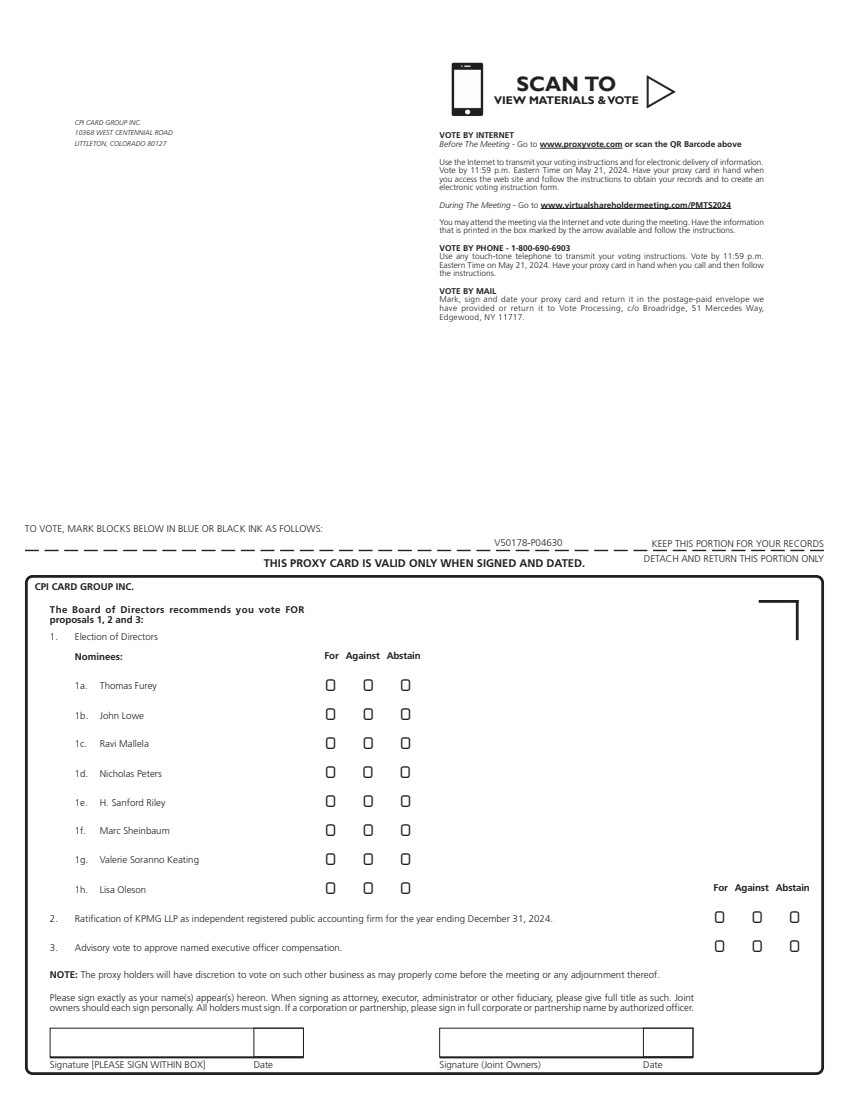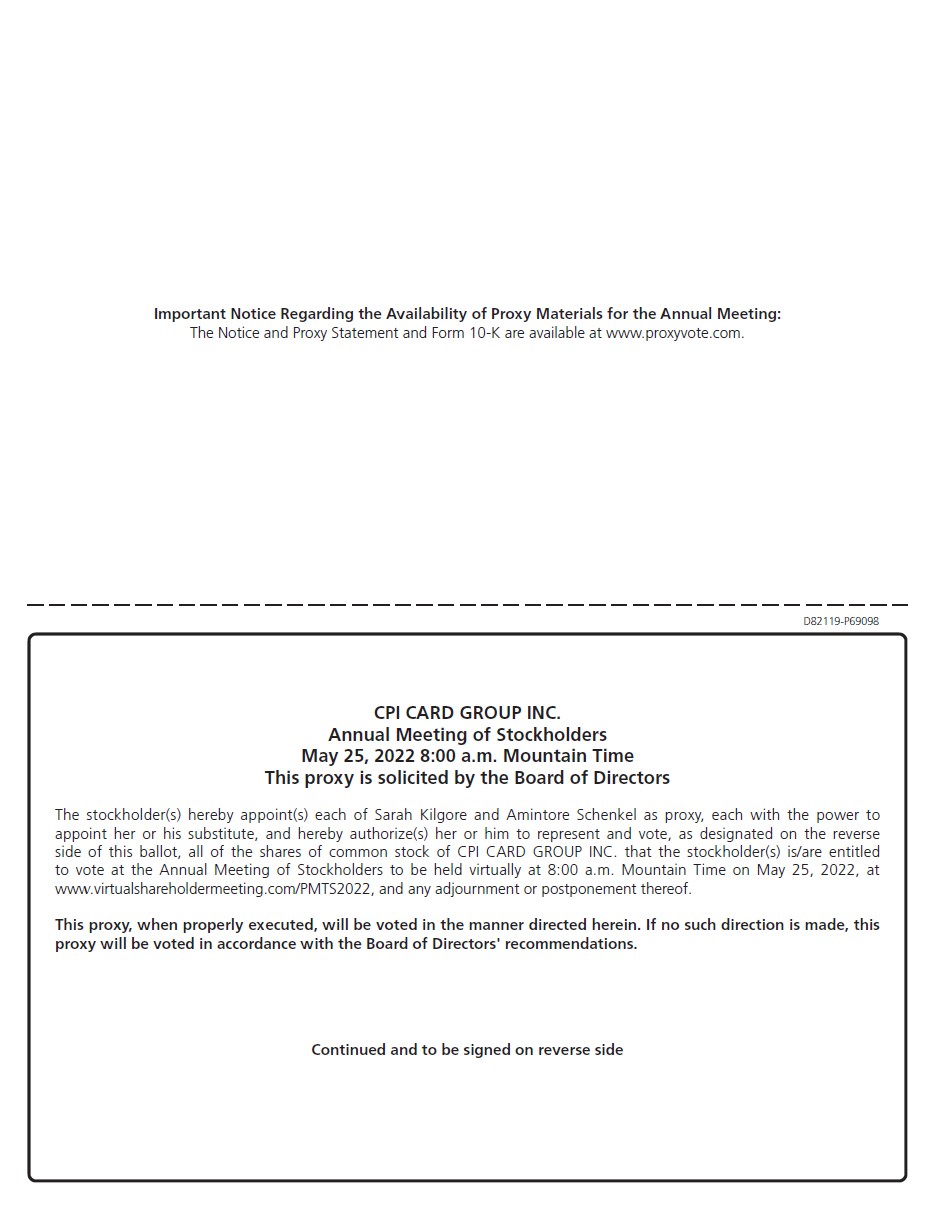In addition to other executive employees; (iii) acceleratedthe compensation described above, Mr. Dubin is entitled to (1) the continued vesting of any outstanding equity awards that would have otherwise vested ingranted to Mr. Dubin after December 13, 2022 through the next twelve months following the termination (for performance-based awards, vesting will be based on actual performance determined attwo-year anniversary of the end of the performance period); (iv)Severance Period (as defined below), and (2) the costvested and unexercised portions of continuing healthany stock option awards held by Mr. Dubin will remain outstanding and dental coverage underexercisable until the Company’s plans as thenearlier of (A) the two-year anniversary of the end of the Severance Period and (B) the original expiration date of the stock option award; provided, however, such terms do not apply to the additional retention awards granted to key personnel in effect, lessconnection with the employee contributionCEO transition. Mr. Dubin will be entitled to receive only those retention awards for an active employee, for upwhich he has continued service through the vesting date with respect to eighteen (18) months; and (v) other thanthose awards. In the case of a Change in Control prior to termination of his employment, Mr. Dubin is also entitled to full vesting of his outstanding equity awards, with the performance-based equity awards vesting at the target level of performance.
For purposes of the Dubin Employment Agreement, “Severance Period” means the 12-month period (or 18-month period in the case of a Severance Termination Event incurred in connection with a Change in Control) commencing on the date of Mr. Dubin’s termination for death or disability, upof employment, unless such period is shortened by a violation of Mr. Dubin’s Confidentiality, Trade Secret Protection, Unfair Competition, Non-Solicitation, and Invention Assignment Agreement, by and between Mr. Dubin and CPI Card Group-Colorado, Inc., effective as of April 8, 2019 (the “Confidentiality Agreement”) after the termination date but prior to six monthsits expiration. The Dubin Employment Agreement extended the restricted period under the Confidentiality Agreement to a period of outplacement services. two years following the cessation of Mr. Dubin’s employment.
The estimated cash severance payment to Mr. ScheirmanDubin on termination, assuming a termination as of December 31, 2021,2023, would have been $2,833,790$1,050,197 (inclusive of $14,063$22,197 in COBRA insurance coverage and outplacement services valued at $15,000) for termination without “Cause,”Cause, for “GoodGood Reason,” for the Company’s failure to renew the agreement, and, in each case, not in connection with a Change in Control. Based on our stock price as of December 29, 2023, the estimated value of Mr. Dubin’s continued equity vesting, assuming a termination as of December 31, 2023 without Cause, for Good Reason, or for the Company’s failure to renew the agreement would have been $145,363. In the event of a termination due to his death or disability.disability as of December 31, 2023, the estimated value of Mr. Dubin’s continued equity vesting would have been $675,468.
In the event that Mr. Scheirman experiences a termination event as described above within six months prior to or two years following a Change in Control (as defined in the CEO Employment Agreement) of the Company, Mr. Scheirman will receive the benefits described in the foregoing paragraph, except that the severance and COBRA continuation benefits in items (i) and (iv) above would be extended from eighteen to twenty-four months, and his outstanding equity awards would vest in full (with any performance-based awards vesting at the target level of performance). The estimated cash severance payment to Mr. ScheirmanDubin on termination in connection with a Change in Control, assuming a termination as of December 31, 2021,2023, would have been $3,773,387$1,556,697 (inclusive of $18,751$22,197 in COBRA insurance coverage and outplacement services valued at $15,000). The estimated value of Mr. Dubin’s continued equity vesting, assuming a termination as of December 31, 2023 and based on our stock price as of December 29, 2023, would have been $675,468.
Mr. Scheirman isLowe’s Employment Agreement
Prior to entering into an Employment and Non-Competition Agreement effective January 24, 2024 between the Company and Mr. Lowe (the “Lowe Employment Agreement”) in connection with his appointment as President, CEO and Director, Mr. Lowe’s employment was subject to certain restrictive covenantsan offer letter between Mr. Lowe and the Company dated October 1, 2021. This offer letter provided for an annual base salary as well as eligibility for the Company’s STIP and eligibility to receive long-term incentives under the Omnibus Incentive Plan, which amounts were revised from time to time in connection with various compensation adjustments or promotions. Mr. Lowe’s offer letter did not provide for any severance benefits and he was subject to the CEO Employment Agreement, including obligations regarding noncompetition and non-solicitation of Company employees and customers during the term of his employment and for a period of eighteen months following any termination of his employment with the Company.
Mr. Dubin’s Employment Arrangement
Mr. Dubin does not have an employment agreement with the Company. UponExecutive Severance Guidelines (described in more detail below), pursuant to which upon a termination of his employment as of December 31, 2021,2023, Mr. DubinLowe would have been eligible to receive an estimated $905,510$937,197 in cash severance (inclusive of $14,049$22,197 in COBRA insurance coverage and outplacement services valued at $15,000) upon a termination without “cause” or for “good reason” pursuant to our Executive Severance Guidelines, as summarized below. Also, pursuant to the Executive Severance Guidelines, the estimated cash severance payment to Mr. Dubin on termination in connection with a Change in Control (as defined in the Omnibus Incentive Plan), assuming a termination as of December 31, 2021, would have been $1,350,766or $1,387,197 (inclusive of $21,074 in COBRA insurance coverage and outplacement services valued at $15,000).
Mr. Lowe’s Employment Offer Letter
In connection with his transition to the position of Senior Vice President & General Manager, Secure Card, Mr. Lowe entered into a new offer letter agreement with the Company, dated as of October 1, 2021. This offer letter provides for an annual base salary of $420,000, as well as eligibility for the Company’s STIP and eligibility to receive long-term incentives under the Omnibus Incentive Plan.
Mr. Lowe’s offer letter does not provide for any severance benefits, however, upon a termination of his employment as of December 31, 2021, Mr. Lowe would have been eligible to receive an estimated $806,049 in cash severance (inclusive of $14,049$22,197 in COBRA insurance coverage and outplacement services valued at $15,000) upon a termination without “cause” orfollowing a “change in control.”
The Lowe Employment Agreement provides for “good reason” pursuant to our Executive Severance Guidelines, as summarized below. Also, pursuantan initial employment term commencing on January 25, 2024 and ending on February 28, 2029, and will automatically renew for additional one-year terms until terminated by either party. Pursuant to the Executive Severance Guidelines,Lowe Employment Agreement, Mr. Lowe will receive an initial annual base salary of $625,000 and will be eligible for a target annual cash bonus equal to 100% of his base salary, based on the estimated cash severance paymentachievement of performance metrics approved by the Compensation Committee. During each calendar year during the employment term, Mr. Lowe will be eligible to receive awards under the Omnibus Incentive Plan, with a target grant date value of at least $2,000,000. In connection with his promotion, Mr. Lowe received additional long-term incentive awards in the form of (i) performance stock units, with respect to 60,000 shares of Company common stock (the “Promotion PSU Award”) and (ii) RSUs, with respect to 40,000 shares of Company common stock (the “Promotion RSU Award”). The Promotion PSU Award will be earned in equal one-third increments upon the attainment of the rolling weighted average closing price of the Company’s common stock equaling or exceeding each of $35.00, $50.00 and $65.00, in each case, for at least 90 consecutive trading days (the “Stock Price Hurdle”), during the five-year performance period commencing on the grant date. The Promotion RSU Award will vest in full on the four-year anniversary of the grant date. The vesting of both the Promotion PSU Award and the Promotion RSU Award are subject to Mr. Lowe’s continuous employment with the Company or an affiliate through the four-year anniversary of the grant date. The Company agreed to reimburse Mr. Lowe on terminationfor up to $25,000 in reasonable attorneys’ fees incurred by him in connection with the negotiation of the Employment Agreement.
In the event of a Change in Control (as definedtermination of his employment with the Company due to his death or disability, by the Company without cause or by Mr. Lowe for good reason (each, a “Qualifying Termination”), subject to his execution and delivery of a release of claims, Mr. Lowe will receive (i) severance payments equal to 1.5 times the sum of Mr. Lowe’s annual base salary and target bonus for the year of the termination, (ii) a pro-rated bonus payment for the year of the termination, based on the Company’s actual performance, (iii) reimbursement for the cost of continuation coverage under the Company’s health and welfare plans for up to 18 months, and (iv) except in the Omnibus Incentive Plan), assumingcase of a termination asdue to death or disability, six months of December 31, 2021, would have been $1,201,574 (inclusiveoutplacement services. If Mr. Lowe’s Qualifying Termination occurs within 24 months following a change in control of $21,074the Company, then Mr. Lowe will instead receive (i) severance payments equal to two times the sum of Mr. Lowe’s annual base salary and target bonus for the year of the termination, (ii) a pro-rated bonus payment for the year of the termination, based on the Company’s actual performance, (iii) reimbursement for the cost of continuation coverage under the Company’s health and welfare plans for up to 24 months, (iv) except in COBRA insurance coverage andthe case of a termination due to death or disability, six months of outplacement services valued at $15,000).


















